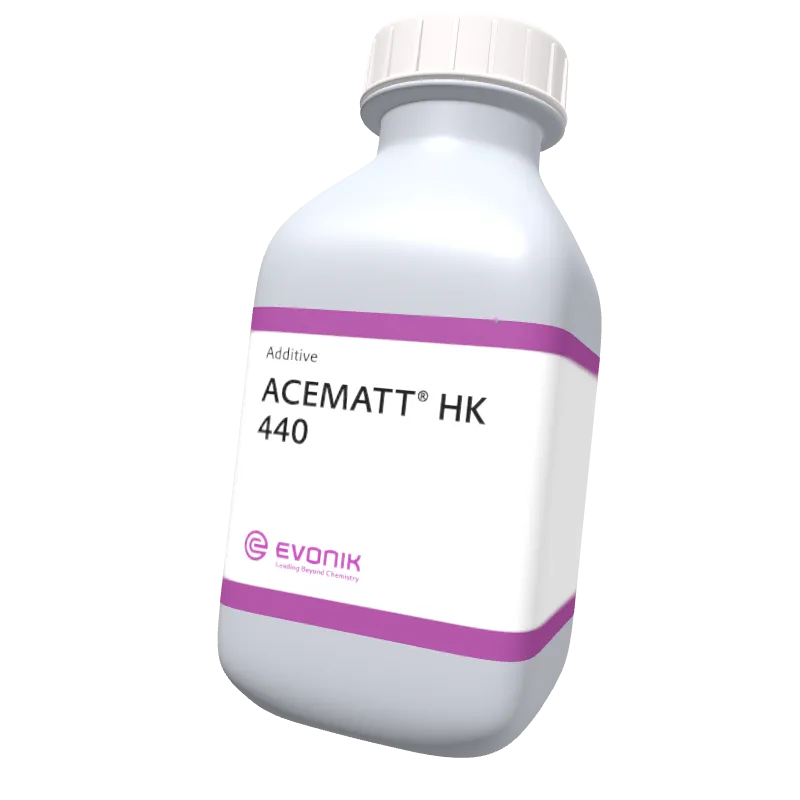Coatino Campus
Surface Weeks at a glance
For our Surface Weeks we lined up 4 one-hour weekly webinars.
This Curriculum contains the recordings of all 4 events.
As part of this series, we were delighted to offer a joint webinar with Synthomer, one of the world’s leading suppliers of sustainable water-based and differentiated polymer solutions.
Want to learn more about the topic surface control? Check out the new comprehensive and interactive eLearningSurface Control Basics.
















